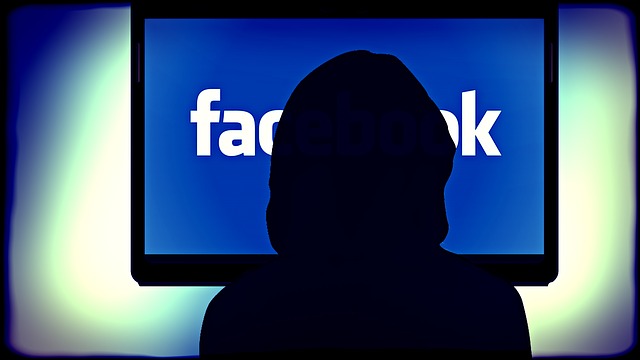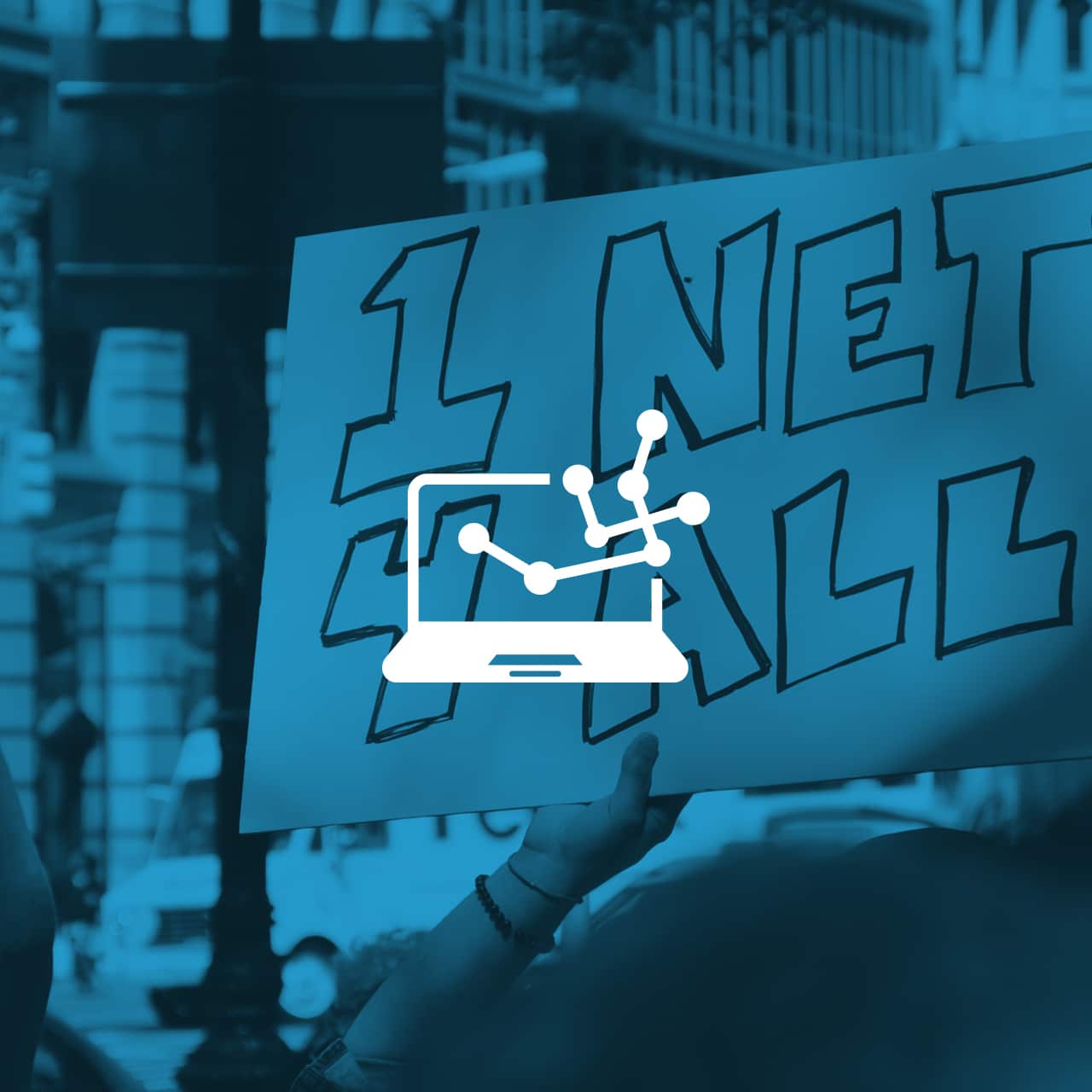
On Monday Facebook announced that any website or service could now be part of Internet.org, the company’s ambitious project to “connect the two thirds of the world that doesn’t have internet access.” According to CEO Mark Zuckerberg, this change will “give people even more choice and more free services, while still creating a sustainable economic model to connect every single person in the world.”
The announcement comes in the wake of mounting criticism that the program violates Net Neutrality principles. But as Access’s advocacy director, Josh Levy, points out in an op-ed published yesterday in WIRED, inviting more sites and services to join the program doesn’t fix Internet.org’s Net Neutrality problem. In fact, in many ways it makes Internet.org even more troubling for those of us who care about digital rights. Here’s why:
Facebook could become a de facto gatekeeper of the internet
For people using Internet.org to connect to the internet, Facebook would serve as a quasi-internet service provider. Yet the company does not have even the basic obligations of a traditional ISP when it comes to safeguarding user privacy or security.
Internet.org could expose millions of people to privacy and security risks
Facebook won’t allow participating sites to use SSL or TLS, two of the most commonly used security protocols that encrypt web traffic and protect users from online attacks.
Internet.org lacks sufficient transparency
Facebook is not sharing important details, including details on policies regarding user data, responding to government requests for information, partnership models with telecom operator partners, or administration of the program.
If Facebook wants to help connect vulnerable communities to the internet, it could leverage its significant influence by offering—or urging telecoms to offer—basic data plans, with low data caps, to these communities. That would enable unfettered and non-discriminatory access to the whole internet.
Access has prepared a detailed policy brief [PDF] explaining our position on zero rating. We hope it will help further the discussion about Internet.org and the impact that zero-rated services have on people’s digital rights across the globe.
Photo credit: Kai Stachowiak
